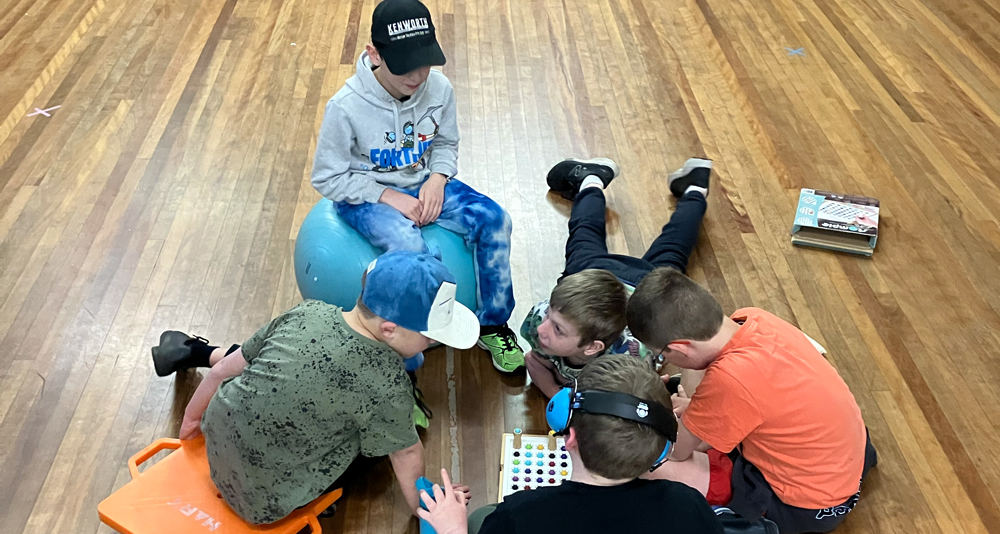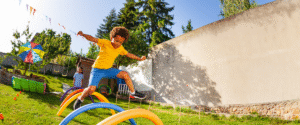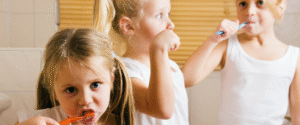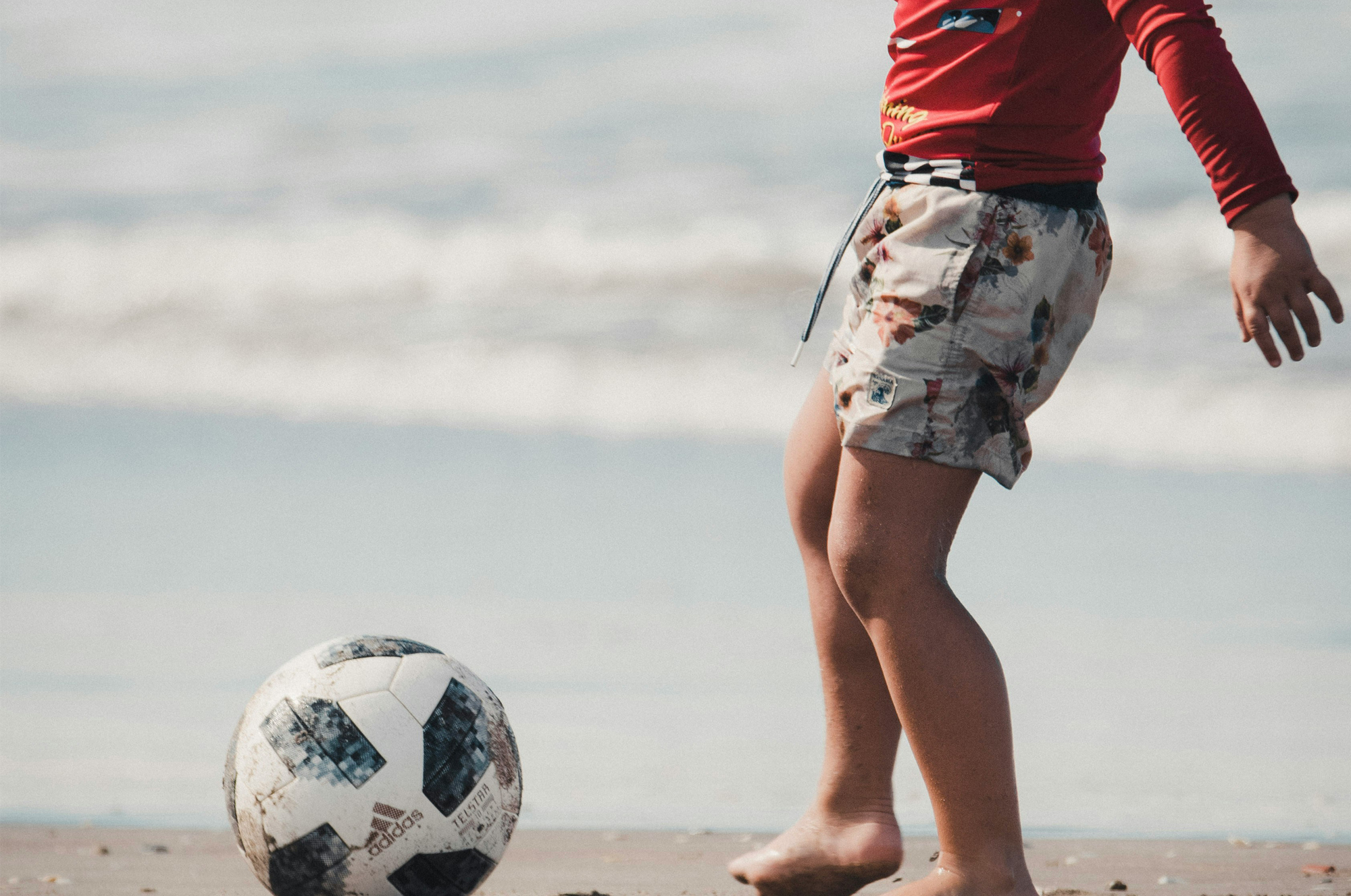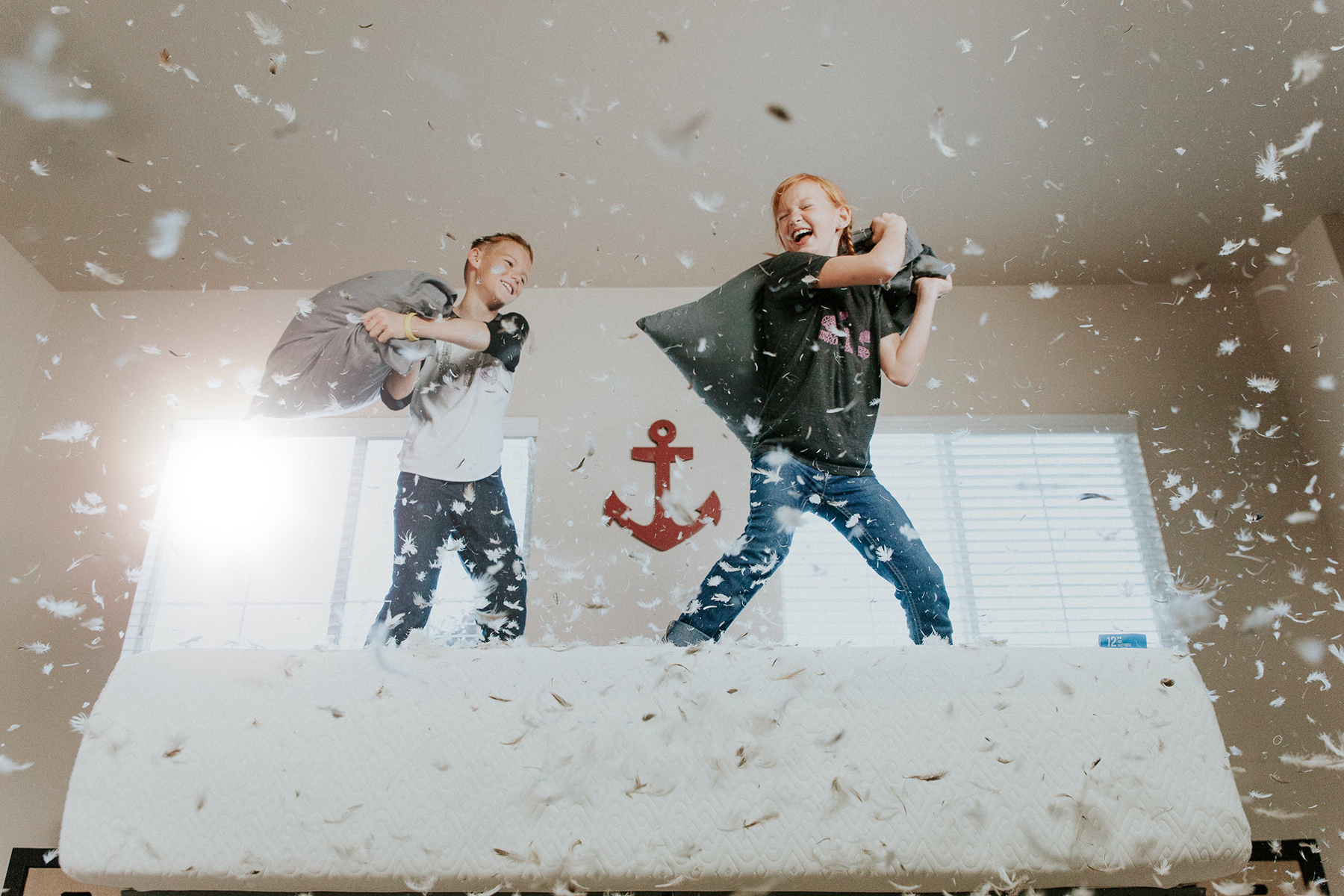
THE ROLE OF THE THERAPEUTIC ASSISTANT
It’s been an intense start to the back end of the year for the Explore and Soar Team and I. After breaking my jaw in multiple places during an accident on 2 July, I was forced to take some much needed downtime. I had my accident on the last day of clinical treatment for term 2! Timing is everything, isn’t it? Sometimes you are quite literally made to slow down. But not to worry, I’m on the mend now. In the meantime, the Explore and Soar team went on a well-deserved break for 2 weeks during the school holidays and we are now so excited to be starting term 3 feeling refreshed!
We have been cultivating some positive changes at Explore and Soar over recent months, that we are now very excited to be sharing with you.
Since June, the development of our therapeutic assistant program has been underway. We have now welcomed 3 new TA staff members; Kirrily, Steph and Kate. We have spent the last month training and educating our new team members on certain tasks and activities, supporting them in understanding the culture of our team, our communities and most importantly beginning to meet our families.
So why have we expanded our team with Therapeutic Assistants and what do they do?
The role of a Therapeutic Assistant is just as vital and important as an Occupational Therapist. Their ability to strengthen, increase repetition and exposure to activities consistently, helps build upon achieving a child’s goals at a rate or intensity that is much greater than working with an OT alone. An OT doesn’t always have the extra time to share with a child to further develop their skills at a faster rate, leading to time and availability limitations. This is where our assistants step in!
Having therapeutic assistants on hand also allows our families to experience a range of different service delivery options and support in all our local communities, which ensures continuity in care. Our therapeutic assistants will be working alongside our OT’s completing 1:1 TA sessions, group sessions and peer sessions. This service allows for consistency and compliments the home programs designed for our children and their families.
So how do occupational therapists and therapeutic assistants work together?
It is important to note that therapeutic assistants are not allowed to make any clinical judgements, decisions or alter any clinical activities unless they have been directed by their leading occupational therapist. This highlights the communication and continued liaison with the child’s treating occupational therapist. The role of your treating occupational therapist is to assess, evaluate and make all clinical decisions in regards to your child and family. They are the one who completes clinical observations and assessments within a range of environments, including home, school and the community. They complete all the report writing that requires clinical reasoning content and are the creators of your weekly session plans and home programming strategies, in order to match your short and long term goals.
For us OT’s, our skills rely on modifying, grading and providing clinical adjustments to your daily living habits, productivity, self-care and passions to achieve success. However, as most of you are aware, learning and ascertaining these skills will not happen overnight. Therefore, for best evidence and achievement of these goals, repetition is absolutely key! And this is where our therapeutic assistants step in to accelerate and further facilitate the process.
We are thrilled to welcome some extra helping hands at Explore and Soar! We continually strive to be a highly motivated, energised team who look forward to making a difference and becoming an integral part of our communities. We know that having therapeutic assistants working with our families will only help to expand our service offerings and community outreach.
So keep a look out for our new therapeutic assistants and don’t be afraid to say “Hi”. They are so excited to be working with us! You will be able to learn more about them on our website and socials over the coming month.
Until next time,
Jess
ORIGINALLY POSTED AUGUST 5, 2020



